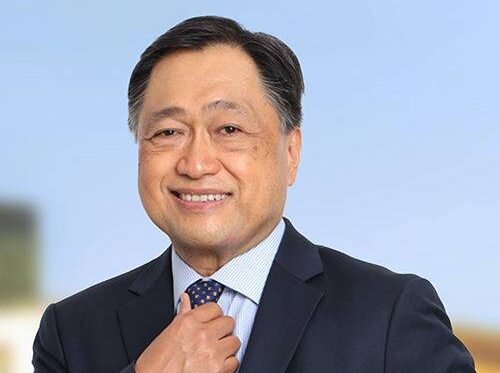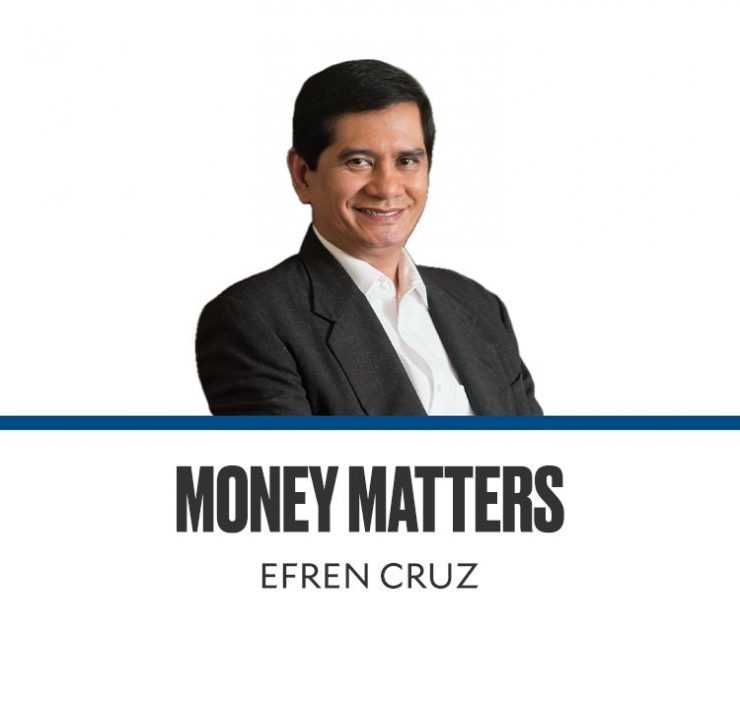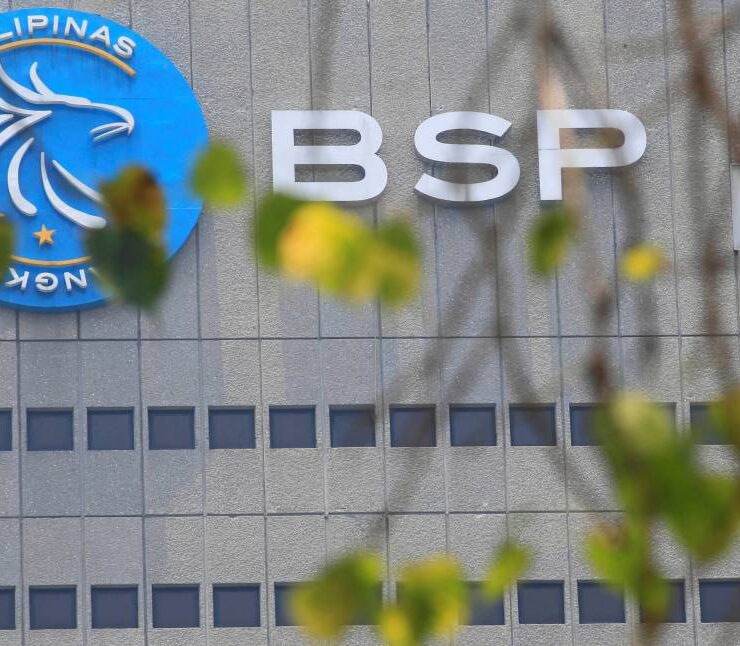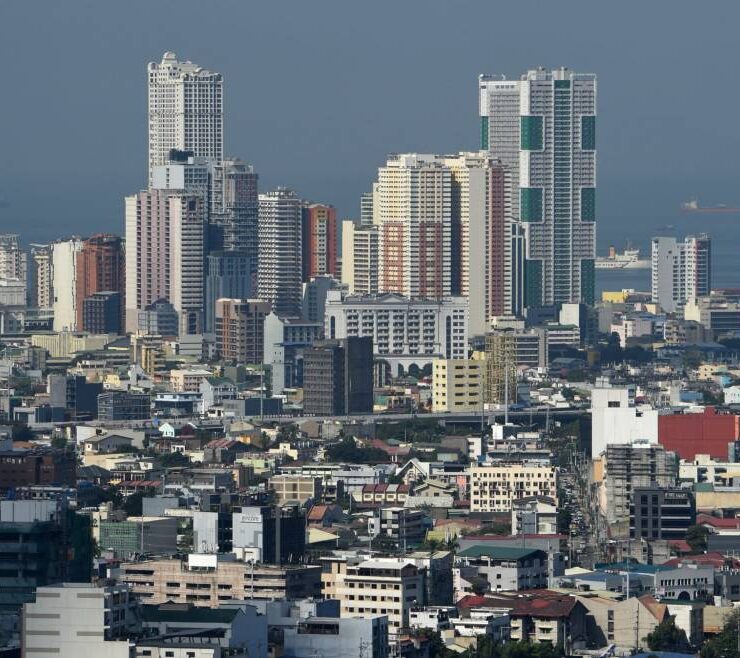Ex-finance chief calls for cash curbs to combat corruption

Former Finance Secretary Cesar Purisima called on local policymakers to adopt tougher curbs on cash transactions, warning that the country’s reliance on envelopes and bags of banknotes makes it easier for corruption to thrive.
His comments come as investigators dig into allegations of kickbacks in flood control projects, a case that has renewed scrutiny of how cash-fueled deals often lubricate corruption in public works.
“Bribes, kickbacks and under-the-table deals thrive in cash precisely because it is untraceable, untaxed and invisible to regulators,” Purisima wrote on Facebook.
“As long as cash remains king in illicit transactions, corruption will always find a way,” he added.
Beyond lifestyle checks and congressional probes, the finance czar during the Aquino administration said the country may copy European countries and set limits on high-value cash transactions.
“These restrictions make it significantly harder to deliver bribes in plain envelopes or bags of cash,” he said.
“The Philippines should follow suit by setting reasonable caps on cash payments, forcing large transactions into the banking system, where they leave an audit trail,” he added.
Policymakers should also consider requiring banks to automatically flag large withdrawals, Purisima said. This would allow regulators to monitor the outflows that often precede corruption payoffs.
He added that the Bangko Sentral ng Pilipinas should lower the top Philippine denomination from P1,000 to P500—or even P200.
“Moving P10 million in P1,000 bills requires just 10,000 notes, but in P200 bills it requires 50,000, dramatically increasing the logistical risk and visibility of large-scale corruption,” he explained.
He suggested going further by following Singapore and Switzerland, which cycle out old banknotes periodically. A predictable demonetization program, he argued, would prevent illicit cash from lying dormant in vaults.
“Those holding undeclared funds would be compelled to exchange them or lose their value,” he said.
Ultimately, Purisima said the government should encourage digital payments, since they leave an audit trail.
“For the Philippines, encouraging digital payments, particularly in government procurement and infrastructure projects, would ensure transactions are auditable, transparent and far harder to manipulate,” he added.





















